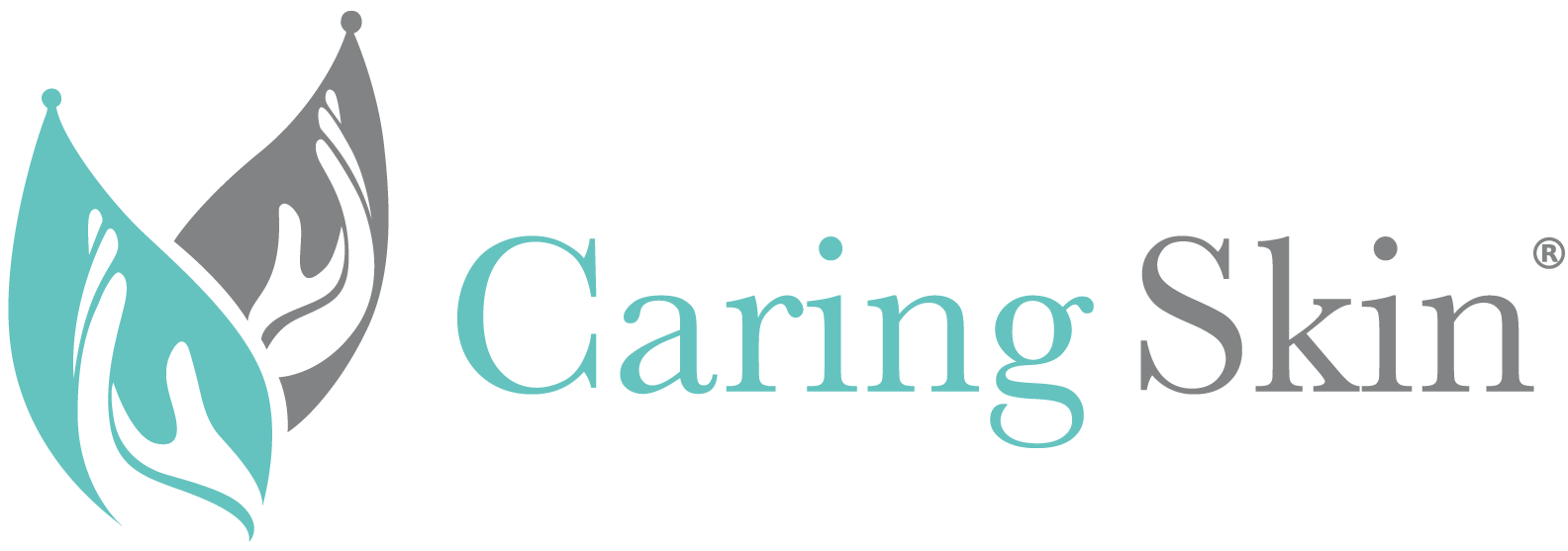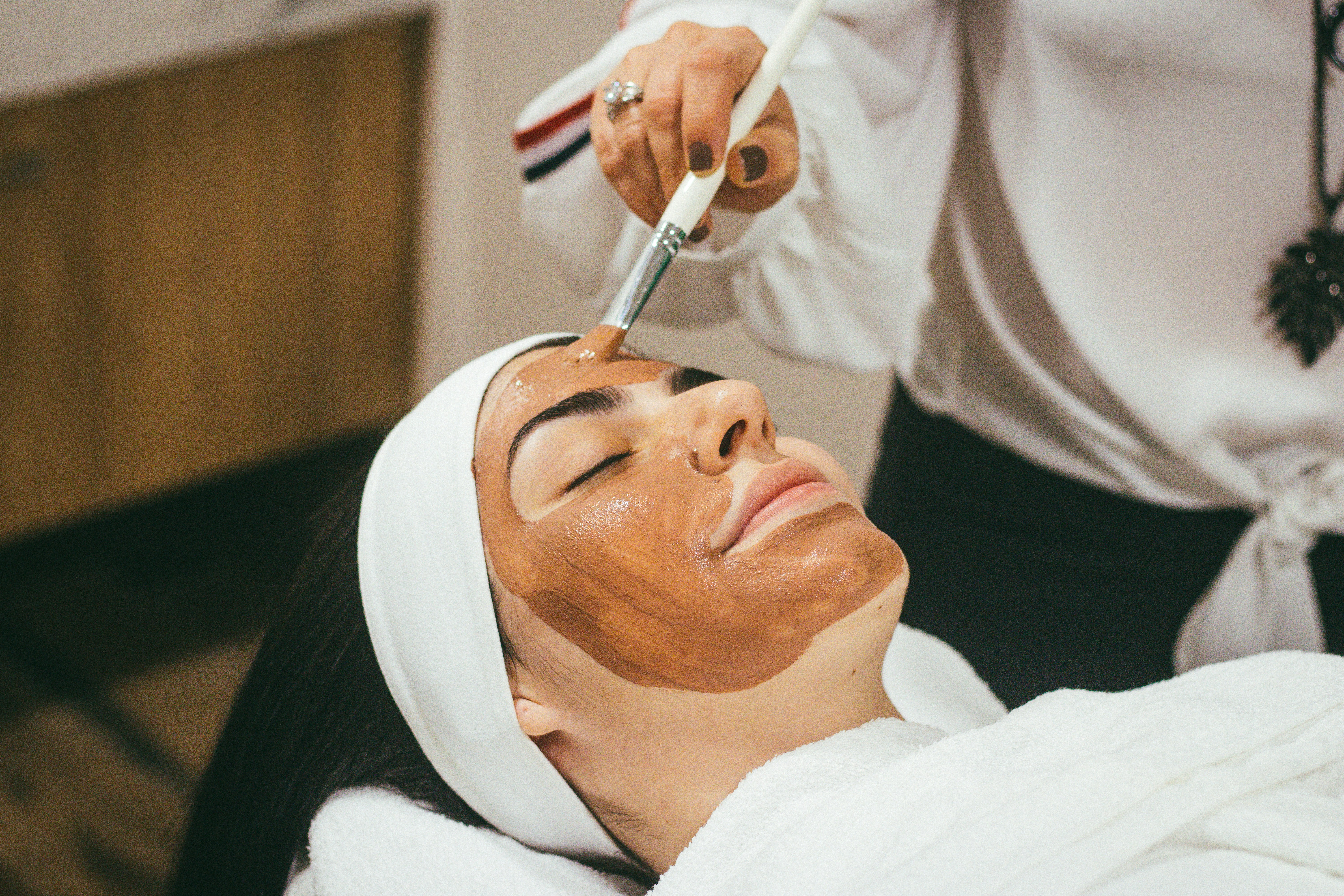Pregnancy, an awe-inspiring journey of bringing new life into the world, is accompanied by many physical and emotional transformations.
One of the most noticeable changes is the effect on the skin, making a robust and pregnancy-safe skincare routine an absolute necessity.
Understanding Pregnancy and Skin Changes
Pregnancy hormones can trigger significant skin changes, leading to diverse experiences for expecting mothers.
For some, this period is highlighted by the radiant 'pregnancy glow', a result of increased blood circulation and improved nutrient delivery to the skin.
However, hormonal fluctuations can also escalate oil production, causing acne breakouts or increased skin sensitivity.
Hyperpigmentation or darkening of the skin, also known as melasma, can be more prevalent in pregnant women, especially those with darker skin tones.
Understanding these changes is pivotal to curating a suitable skincare regimen during pregnancy.
Tailoring a Pregnancy-Safe Skincare Routine
Adapting to heightened skin sensitivity during pregnancy calls for a gentle yet effective skincare routine.
Kickstart your regimen with a mild cleanser, designed to eliminate impurities without disrupting your skin's natural moisture balance.
Incorporate a moisturizer enriched with Hyaluronic Acid, a potent hydrator known to retain colossal amounts of moisture.
This ingredient can help combat dryness, a common skin concern during pregnancy, by maintaining optimal hydration levels.
To manage dull skin and promote collagen production, consider integrating a Vitamin C serum into your pregnancy skin care routine.
Opt for a formulation free from harsh or potentially skin-irritating additives to ensure safety and comfort. When it comes to sun protection, zinc oxide-based mineral sunscreens are recommended.
They protect the skin by deflecting harmful UV rays instead of absorbing them, as their chemical counterparts do.
Navigating Through Skincare Ingredients to Avoid
It's crucial for expecting mothers to familiarize themselves with skincare ingredients that could potentially contribute to birth defects.
High-strength salicylic acid and benzoyl peroxide, common constituents of anti-acne solutions, fall into this category.
Though low concentrations (salicylic acid up to 2% and benzoyl peroxide up to 5%) are generally deemed safe, it's always wise to seek professional healthcare advice for personalized guidance.
In contrast, Glycolic Acid and Lactic Acid, categorized as alpha-hydroxy acids (AHAs), are perceived as safer exfoliating alternatives during pregnancy.
They can help in eliminating dead skin cells and unveiling a radiant complexion.
Dealing with Stretch Marks
Stretch marks, often considered a pregnancy badge of honour, are a common skin change during this period.
Primarily a genetic occurrence, you can still take proactive steps to manage their appearance. Ensuring skin is well-hydrated can aid in this process.
Look for products featuring Hyaluronic Acid, renowned for its superior hydrating and skin-plumping properties. Regular application can potentially diminish the visibility of stretch marks.
Final Words on Pregnancy Skin Care: Embrace the Change
Crafting and following a beneficial skincare routine during pregnancy need not be overwhelming.
You can revel in a healthy pregnancy glow by being attentive to your skin's changing needs and fine-tuning your skincare routine.
However, remember that each pregnancy is unique, and what works for one may not work for all. Whenever in doubt about any product or ingredient, consult a healthcare provider or dermatologist.
This is a special phase of life, so cherish it and treat your skin with the gentleness it deserves.
Understanding the depth of skincare during pregnancy involves more than just routine adjustments.
Here are a few additional insights that can help expecting mothers navigate the path to healthy and glowing skin during this transformative journey.
Additional Post-recovery strategies
Nourishing from Within
While topical treatments play a crucial role, remember that healthy skin also thrives on a nutrient-rich diet. An assortment of fruits and vegetables rich in antioxidants can protect the skin from damage.
Foods high in Omega-3 fatty acids can help maintain skin elasticity and hydration. Hydrating adequately by consuming enough water also helps keep the skin plump and reduces the appearance of stretch marks.
Regular Exercise
Regular exercise during pregnancy not only benefits overall health but also contributes to skin health. It improves blood circulation, ensuring optimal nutrient delivery to the skin.
This can contribute to maintaining a healthy pregnancy glow. However, don't forget to clean your skin post-workout to prevent sweat and bacteria from clogging your pores.
The Impact of Stress on Skin
Stress during pregnancy can lead to hormone fluctuations, which can, in turn, affect your skin.
Engaging in stress-management activities such as meditation, prenatal yoga, or light walks can be beneficial.
These practices help regulate hormone levels, promoting both mental well-being and skin health.
Regular Skincare Consultations
Regular consultations with a board-certified dermatologist can also be very beneficial during pregnancy.
As your skin undergoes changes, having a professional monitor these transformations can ensure that your skincare routine is adjusted as necessary and that any concerns are promptly addressed.
With all these additional insights, it's clear that caring for your skin during pregnancy is a holistic process that involves numerous factors.
You may want to consider cosmetic sensitive skin treatments or acne treatments with a skin care centre.
By embracing a comprehensive approach to skincare during this transformative time, you can nurture your skin and enjoy the beauty of pregnancy to the fullest.







